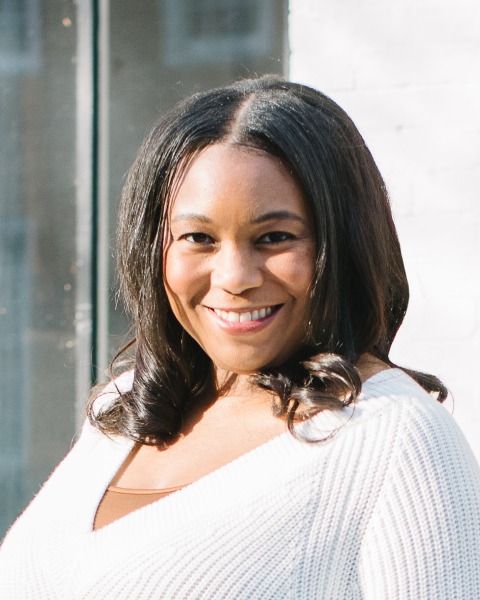Ignite
Government Evaluation
Ignite Session 6
Using storytelling in diversity, equity, inclusion, & accessibility (DEIA) climate assessments and initiatives in the federal workforce
Friday, October 13, 2023
3:45 PM - 4:45 PM ET
Location: Room 209

Jennifer L. Mursaloglu, PhD, PMP (she/her/hers)
Owner & Principal
REL Strategies, LLC
Alexandria, Virginia, United States
Presenter(s)
Abstract Information: The Biden Administration has emphasized the importance of Diversity, Equity, Inclusion, and Accessibility (DEIA) through presidential issuances including Executive Order 14035 “Diversity, Equity, Inclusion, and Accessibility in the Federal Workforce.” As part of this legislation, federal agencies are required to use data-driven approaches to advance policies that promote DEIA within the agency’s workforce and to annually report the status of efforts to advance DEIA. Some federal agencies have used DEIA climate assessments to better understand DEIA perspectives and analyze agency data related to DEIA. The presenter will draw on her experience partnering with federal agencies to conduct comprehensive mixed-methods DEIA climate assessments. This session will illuminate how storytelling is embedded in the methodology of DEIA climate assessments and the implementation of DEIA initiatives within the federal workforce. At the end of the presentation, attendees will be able to explain how storytelling can be used in DEIA climate assessments, initiatives, and practices.
Relevance Statement: DEIA is a topic that requires professionals, including evaluators, to engage in all AEA’s guiding principles. It is critical when engaging in DEIA evaluation work that evaluators engage in systematic inquiry that pays special attention to the context and culture of each organization while adhering to the highest ethical and technical standards. As an evaluator within the DEIA space, I argue that evaluators must not only be competent within evaluation but also in DEIA. Language matters and evaluators must consistently stay current in the ever-changing landscape within the DEIA space. Engaging in DEIA climate assessment work requires the evaluator to be honest and transparent and, in my experience, sometimes deliver evaluation findings that may be surprising to the client. To that end, evaluators of DEIA assessments must strive to allow a safe space in which all voices are heard and respected. Often individuals may not necessarily agree however, it is critical that the evaluator be mindful of reducing risks of harm to individuals and groups especially those who have historically been disenfranchised and marginalized. Lastly, this work requires evaluators to be mindful of unconscious bias and power dynamics when designing and implementing a DEIA climate assessment. This presentation will provide methodological best practices when conducting a mixed-methods DEIA climate assessment to mitigate risks of power inequities and create a safe space to collect accurate and reliable data. DEIA is culture work that requires evaluators to be mindful and acknowledge context.
Relevance Statement: DEIA is a topic that requires professionals, including evaluators, to engage in all AEA’s guiding principles. It is critical when engaging in DEIA evaluation work that evaluators engage in systematic inquiry that pays special attention to the context and culture of each organization while adhering to the highest ethical and technical standards. As an evaluator within the DEIA space, I argue that evaluators must not only be competent within evaluation but also in DEIA. Language matters and evaluators must consistently stay current in the ever-changing landscape within the DEIA space. Engaging in DEIA climate assessment work requires the evaluator to be honest and transparent and, in my experience, sometimes deliver evaluation findings that may be surprising to the client. To that end, evaluators of DEIA assessments must strive to allow a safe space in which all voices are heard and respected. Often individuals may not necessarily agree however, it is critical that the evaluator be mindful of reducing risks of harm to individuals and groups especially those who have historically been disenfranchised and marginalized. Lastly, this work requires evaluators to be mindful of unconscious bias and power dynamics when designing and implementing a DEIA climate assessment. This presentation will provide methodological best practices when conducting a mixed-methods DEIA climate assessment to mitigate risks of power inequities and create a safe space to collect accurate and reliable data. DEIA is culture work that requires evaluators to be mindful and acknowledge context.

